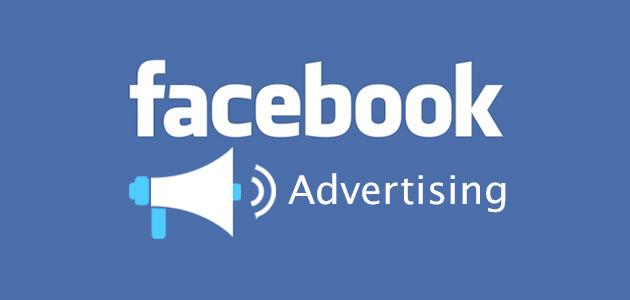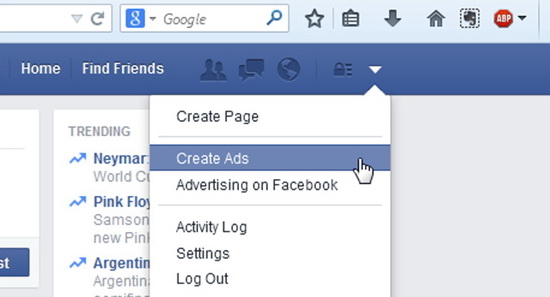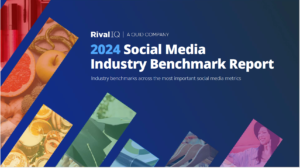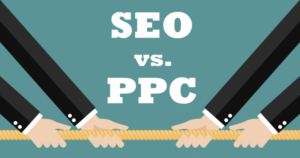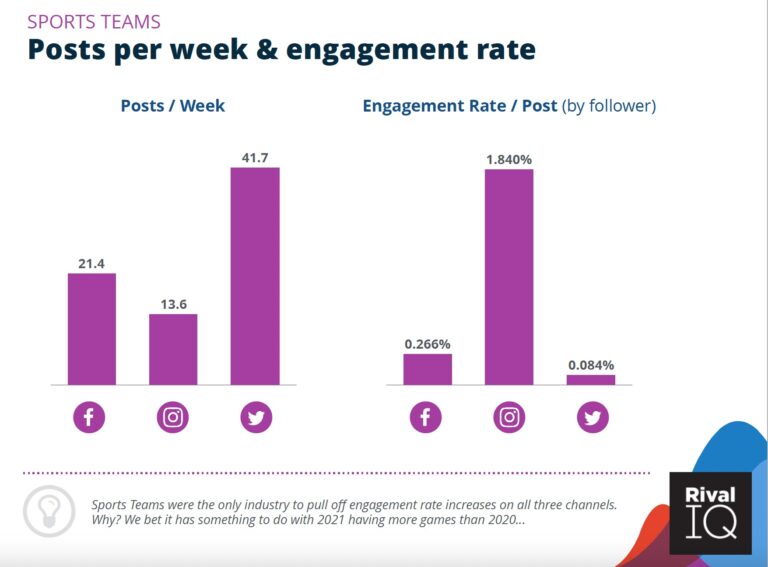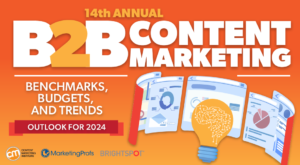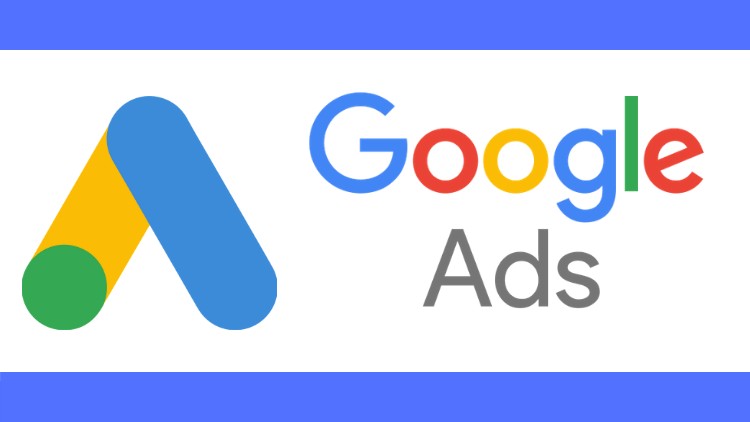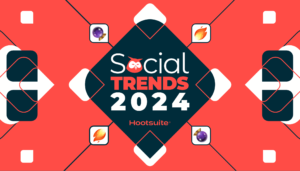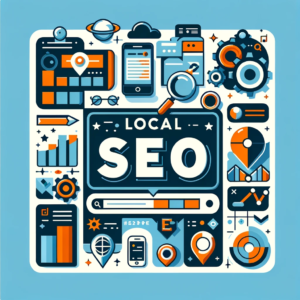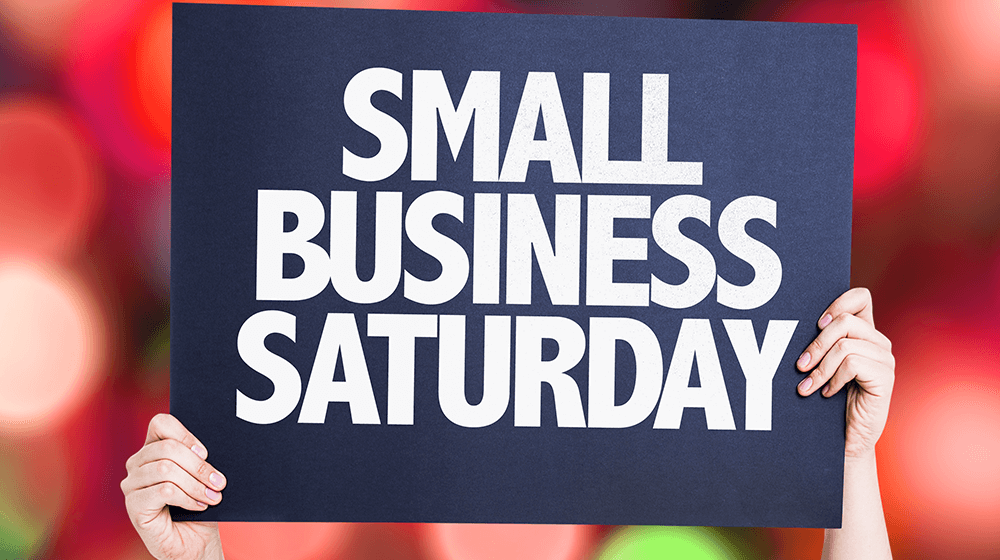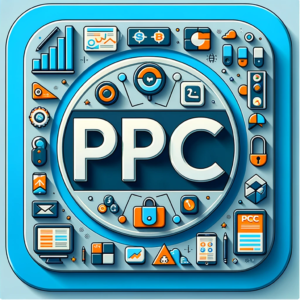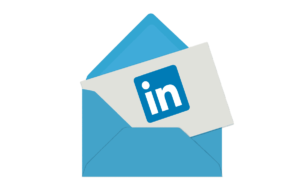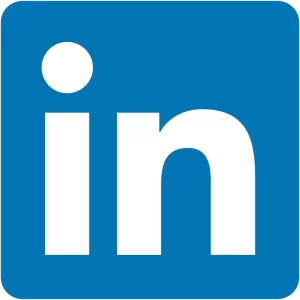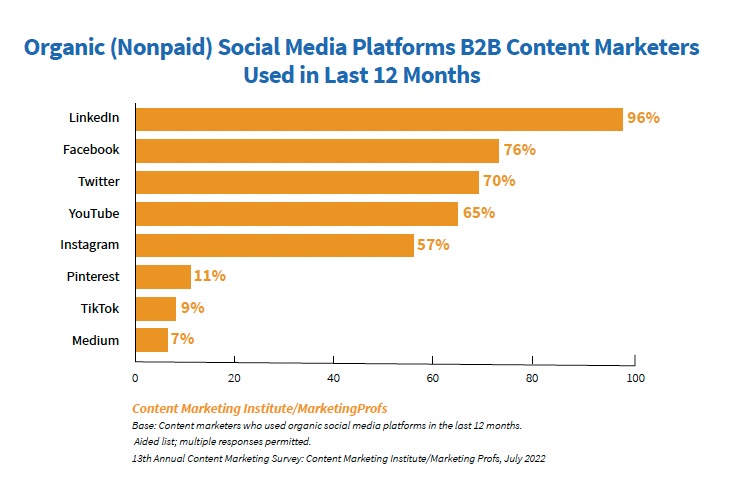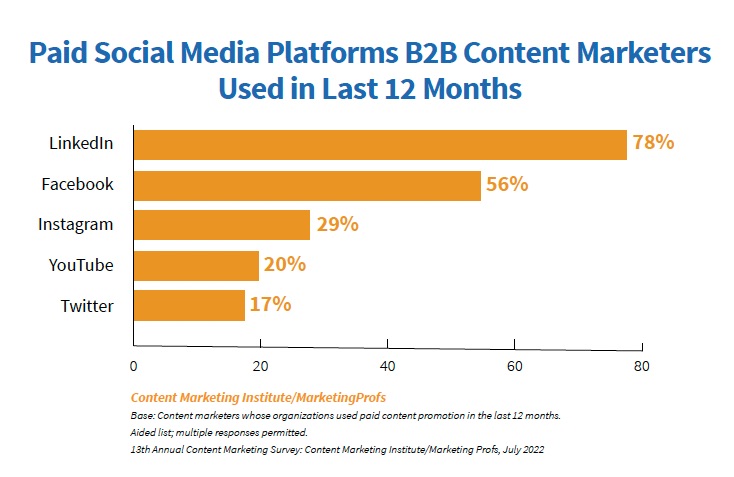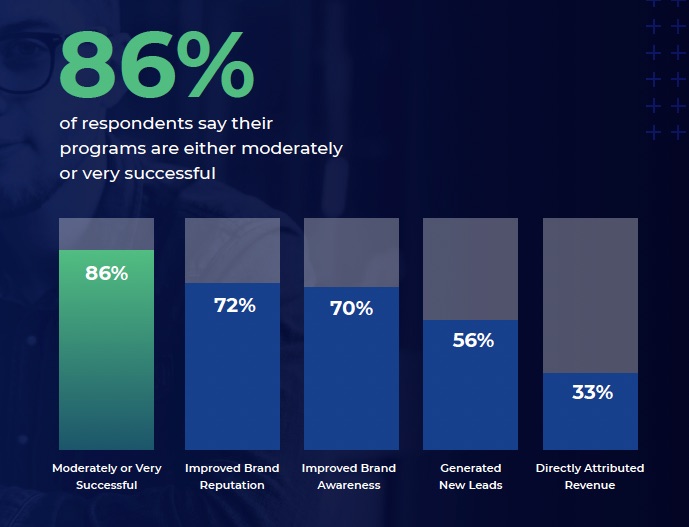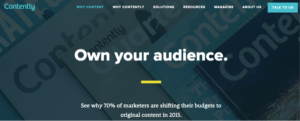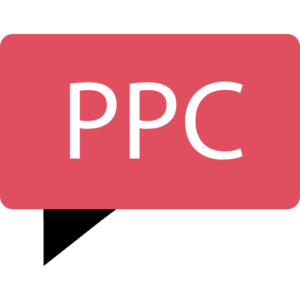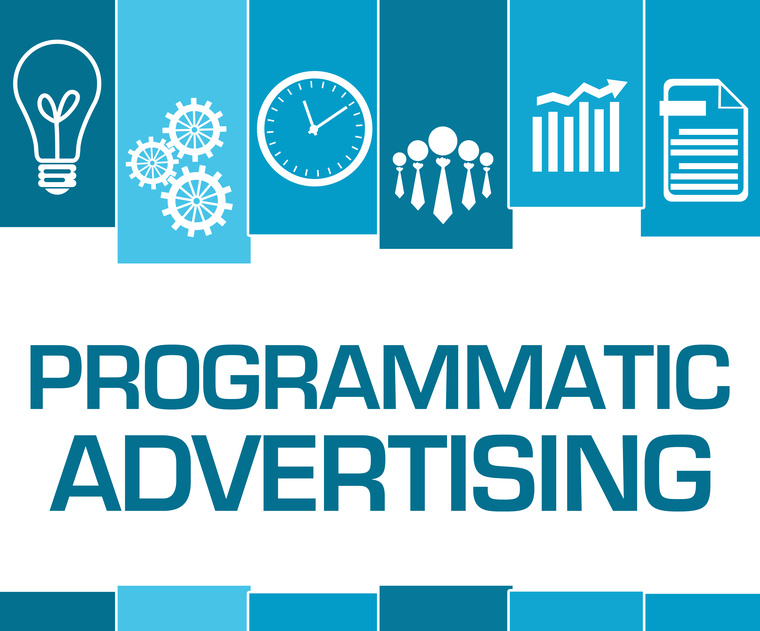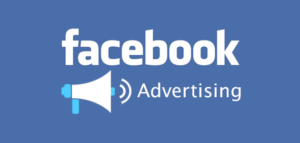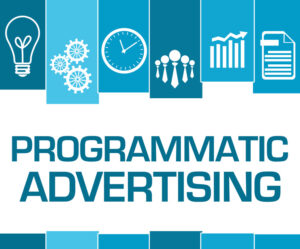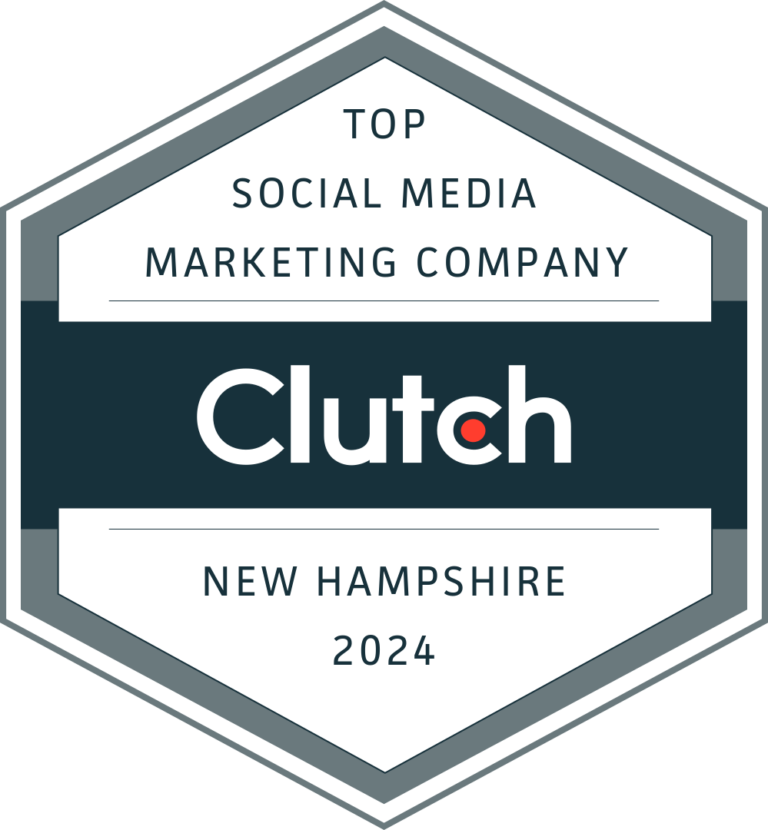


8 Common PPC Mistakes and How to Fix Them
Not Narrowing Your Target Audience
One of the biggest mistakes PPC businesses make is failing to narrow their target audience. They assume that anyone who sees their ad will be interested in what they’re selling. As a result, they end up wasting a lot of money on ads that are never going to convert.
Not Doing Your Keyword Research
Before you launch your PPC campaign, you need to do your keyword research. You need to understand what words and phrases potential customers are using to search for your products or services. Once you know this, you can create ad campaigns that target those keywords. Without keyword research, you’re just guessing, and chances are you’ll guess wrong.

Targeting Too Many Keywords
Bidding On The Wrong Keywords
Another common PPC mistake is bidding on the wrong keywords. Keywords are the foundation of any PPC campaign, so it’s important to choose them carefully. A lot of businesses make the mistake of bidding on broad, generic keywords that get a lot of searches. But just because a keyword gets a lot of searches doesn’t mean it’s going to be successful for your business.
Broad keywords are often too general, which means they attract a lot of people who aren’t actually interested in what you’re selling. As a result, you end up paying for a lot of clicks that never turn into conversions.
Instead of bidding on broad keywords, focus on long-tail keywords that are more specific to what you’re selling. Long-tail keywords may get fewer searches, but the people who do search for them are usually further along in the buying cycle and more likely to convert.
Not Using Negative Keywords
Negative keywords are words or phrases that you don’t want your ad to show up for. For example, if you sell women’s clothing, you might want to add “men” as a negative keyword so that your ad doesn’t show up when people search for “men’s clothing.”
Not using negative keywords is a huge mistake because it results in wasted clicks—clicks that could be going to a more relevant ad. It also hurts your quality score, which is a metric used by Google to determine how relevant and useful your ad is. A low quality score will result in higher costs per click and less exposure for your ad.
To avoid this mistake, take some time to brainstorm a list of negative keywords for your business. You can also use Google’s Keyword Planner tool to find negative keywords that are relevant to your business.
Not Testing Your Ads
Another common PPC mistake is not testing your ads before you launch your campaign. You might think you know what works best, but unless you test multiple versions of your ad, you won’t know for sure. A/B testing is a simple way to test different versions of your ads and see which one performs best. Once you know what works, you can roll out your campaign with confidence knowing that your ads will perform well.
Not Optimizing Your Landing Page
Your landing page is the page on your website that people are taken to after they click on your ad. An effective landing page is relevant to the ad that was clicked on and contains a clear call-to-action (CTA).
Too often, businesses make the mistake of sending PPC traffic to their homepage instead of creating a customized landing page. This is a missed opportunity because a well-optimized landing page can dramatically improve conversion rates.
Providing relevant content and an effective CTA will increase the chances that visitors will take the desired action—whether that’s making a purchase, signing up for a newsletter, or calling your business.
Not Monitoring Your Campaigns Regularly
Once you’ve launched your PPC campaign, it’s easy to set it on autopilot and forget about it. But if you want your campaign to be successful, you need to monitor it regularly and make adjustments as needed. Things change quickly in the world of online advertising, so what worked last month might not work this month. The only way to keep your campaigns effective is to monitor them closely and adjust as necessary. Otherwise, you’ll end up wasting a lot of money on ads that aren’t performing well.
Avoid these common PPC mistakes and set yourself up for success. Do your keyword research, focus on a few key phrases, and test your ads before launching your campaign. By following these steps, you’ll be able to maximize your results—and generate more leads—with your PPC campaigns.
Recent Posts

Social Media Marketing Strategy
State of Marketing: Social Media Marketing Strategy The 2024 State of Marketing is out and marketers are increasingly targeting buyers who grew up online. As

The Power of Online Reviews for Small Businesses
The Power of Online Reviews for Small Businesses As a small business owner, you may be wondering why online reviews are so important. Online reviews

Five Most Important SEO Metrics
The Five Most Important SEO Metrics I recently came across the HubSpot State of Marketing report which showed how companies measure the success of their
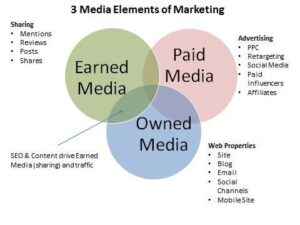
The Three Traffic Sources For Startups
The Three Traffic Sources For Startups I was recently re-reading Randall Stross’s book, The Launch Pad: Inside Y Combinator, Silicon Valley’s Most Exclusive School for

SEO: The Key to Sustainable Business Growth
SEO: The Key to Sustainable Business Growth Search Engine OptimizationIn today’s digital landscape, businesses can no longer afford to underestimate the power of search engine
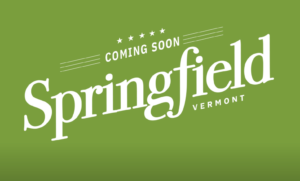
Vermont Web Design
Springfield802.com Partners with Braveheart Digital Marketing to Enhance Online Presence Springfield802.com, the premier digital platform for Springfield, Vermont, today announced a partnership with Braveheart Digital
